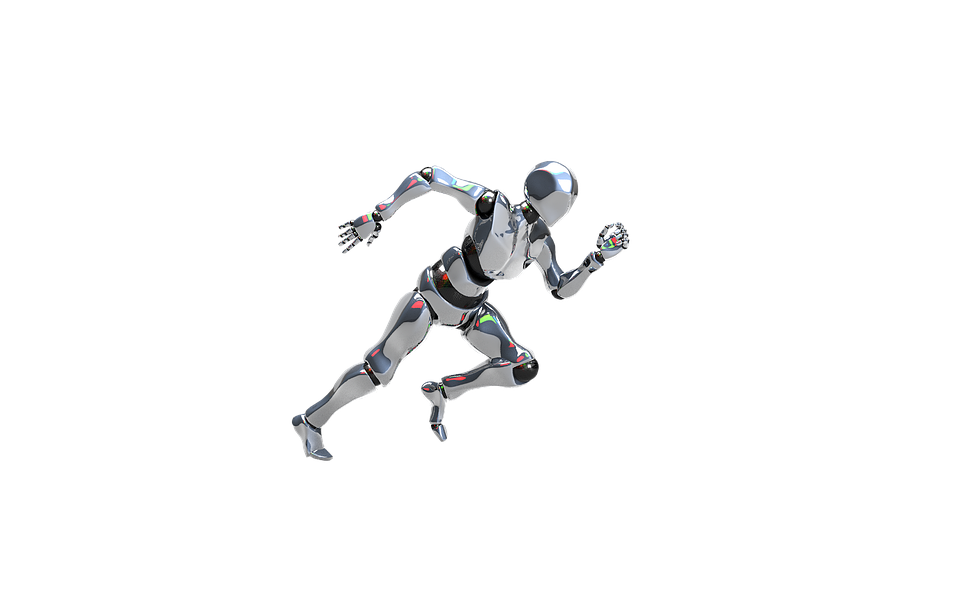AI: The Future of Technology, Today
Artificial Intelligence (AI) has been a buzzword in the tech industry for several years now, and its impact is only just beginning to be felt. What was once a concept confined to the realm of science fiction is now a reality, transforming the way we live, work, and interact with the world around us. In this article, we’ll explore the current state of AI, its applications, and the exciting possibilities that lie ahead.
The Rise of AI
The development of AI can be traced back to the 1950s, but it wasn’t until the 21st century that significant advancements were made. The launch of IBM’s Watson in 2007 marked a turning point, as the supercomputer’s ability to process vast amounts of data and learn from it opened up new possibilities for AI. Since then, the field has exploded, with the creation of machine learning algorithms, natural language processing, and deep learning techniques.
Applications of AI
AI is no longer confined to the realm of sci-fi movies and TV shows. It’s being applied in various industries, transforming the way we:
- Work: Chatbots and virtual assistants are revolutionizing customer service, while AI-powered tools are streamlining workflows and improving productivity.
- Travel: AI-powered travel assistants are helping us plan and book trips, while self-driving cars are taking to the roads.
- Healthcare: AI is helping doctors diagnose diseases more accurately, predict patient outcomes, and personalize treatment plans.
- Finance: AI-powered trading platforms are analyzing market trends and making investment decisions in real-time.
- Education: AI-powered learning platforms are providing personalized education and helping students learn more effectively.
The Future of AI
As AI continues to evolve, we can expect to see even more innovative applications across various industries. Some of the most exciting developments include:
- Edge AI: AI-powered devices are becoming increasingly intelligent, allowing for real-time processing and decision-making.
- Explainable AI: AI systems will be able to provide explanations for their decisions, increasing transparency and trust.
- Human-AI Collaboration: AI will augment human capabilities, enabling us to focus on higher-level tasks and decision-making.
- AI for Social Good: AI will be used to tackle complex social and environmental challenges, such as climate change, poverty, and inequality.
- Quantum AI: The integration of quantum computing and AI will enable the processing of vast amounts of data and unlock new insights.
Challenges and Concerns
While AI holds immense potential, it’s not without its challenges and concerns. Some of the key issues include:
- Job Displacement: AI may displace certain jobs, leading to unemployment and social unrest.
- Data Privacy: AI relies on vast amounts of data, which raises concerns about privacy and security.
- Bias and Unfairness: AI systems can perpetuate biases and unfairness if not designed with fairness and ethics in mind.
- Transparency and Explainability: AI systems must be transparent and explainable to build trust and accountability.
Conclusion
AI is no longer a distant future – it’s a reality, shaping the world we live in today. As AI continues to evolve, it’s essential that we address the challenges and concerns associated with its development. By doing so, we can harness the full potential of AI to create a brighter, more prosperous future for all. Whether you’re a tech enthusiast, business leader, or simply someone interested in the future of technology, AI is an exciting and rapidly evolving field that’s worth keeping an eye on.

